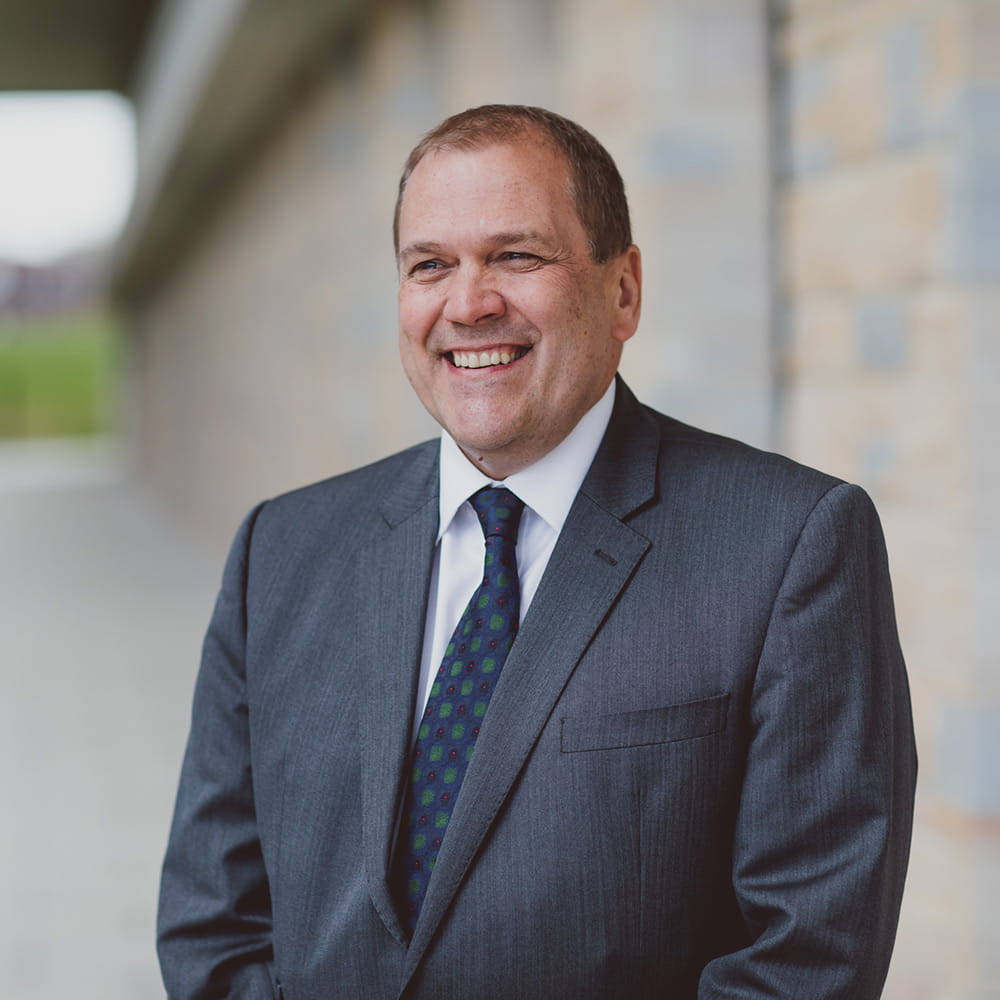Our legal obligations to uphold academic freedom and freedom of speech within the law and ensuring our campuses are safe and welcoming places
We need to be a place where difficult and sometimes uncomfortable conversations can take place, that may be objectionable or offensive, but lawful. Freedom of speech within the law is an essential part of academic and university life, and flourishes where there is tolerance of, and respect for, a wide range of views and beliefs. However, our actions in securing and promoting freedom of expression need to take account of our responsibilities to ensure activities undertaken on our campuses are lawful.
As a publicly funded body, the University is subject to a range of legal obligations relevant to promoting freedom of speech within the law. In managing this wide range of responsibilities, at Essex we have a Speaker Code of Practice. This provides us with the confidence that the University is discharging our duties in an appropriate way. All staff and students can make a request to the University to hold an event and for this to be considered. We have widely advertised our procedures through our Speaker Code of Practice – and each year we provide extensive training support to staff and students. We also work closely with the Students’ Union and their trustees, who carry similar legal responsibilities to that of the University.
No outside organisation or individual has a legal right to invite themselves onto our campuses without permission, or host events that have not been approved through our Speaker Code of Practice. Our campuses are private property, we have a legal duty to ensure students and staff are safe and free from unlawful harassment and the University must ensure it is discharging its legal obligations responsibly and fairly. We do this through our Speaker Code of Practice which is a key mechanism to ensure the University is a place where difficult and sometimes uncomfortable conversations can take place, in a secure, robust and lawful way.
Our approach ensures that the University of Essex is a place where our staff and students can vigorously debate issues and challenge conventional thinking, within the law without exposing themselves or others to the consequences of engaging in speech that is outside the law.
More detailed information has also been published on the University’s website.
